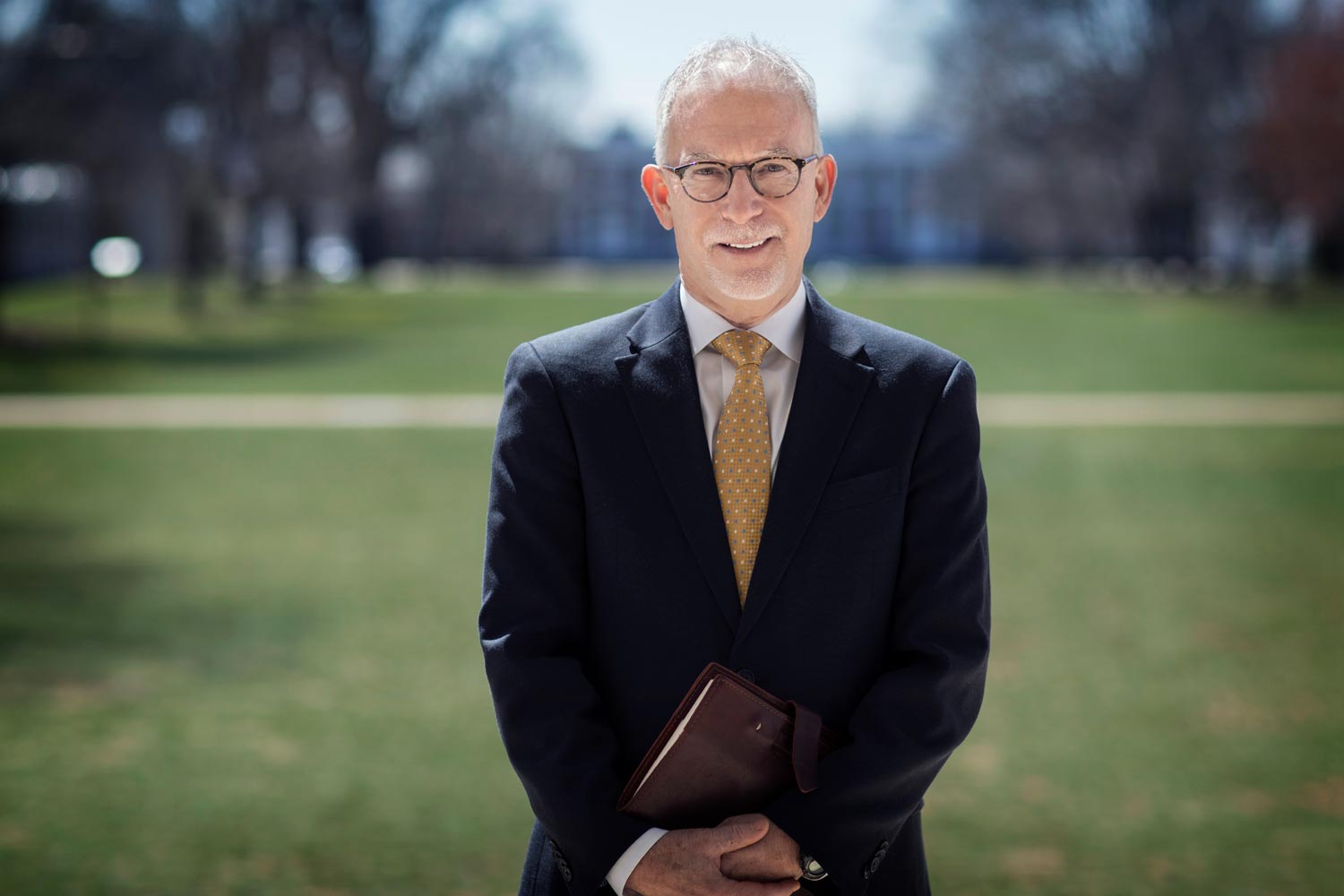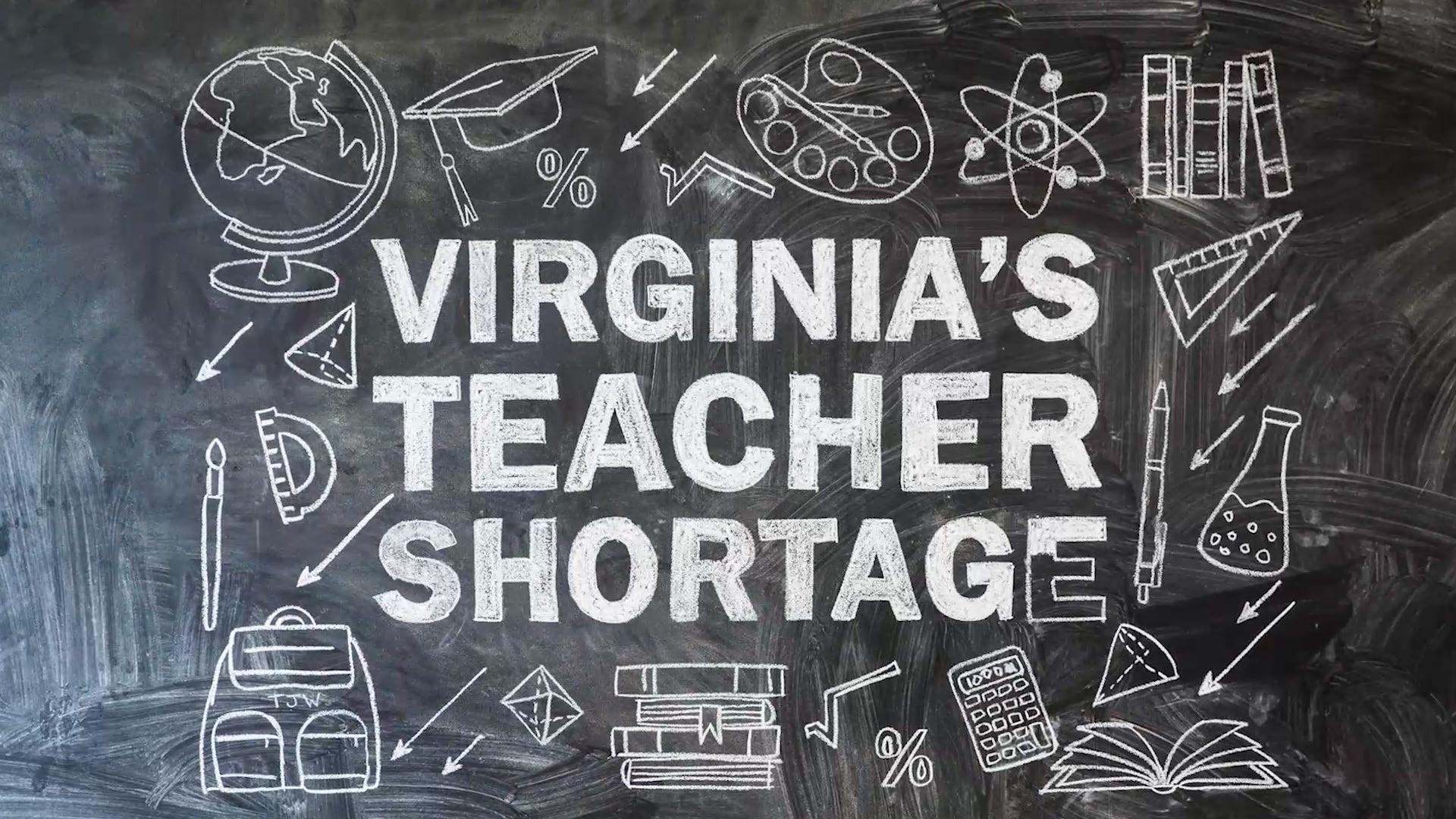The latest figures from the Virginia Department of Education paint a bleak picture of the state’s teacher shortage. In 2016, more than 1,000 paid teacher positions in the public-school system sat unfilled, up by 200 from the previous year.
Former Gov. Terry McAuliffe called the deficit “the single biggest challenge” that would face his successor, Gov. Ralph Northam, when he took office in January.
“It’s an emergency situation,” said Robert Pianta, dean of the University of Virginia’s Curry School of Education. “This is the No. 1 issue that superintendents identified as their greatest challenge.”

Dean Robert Pianta of the Curry School of Education (Photo by Dan Addison, University Communications)
The reasons for the shortage are complex. Factors include low salaries and the many tests and licensure requirements – and corresponding costs – that can make teaching a less-attractive career path.
When there aren’t enough qualified teachers, schools must rely on substitutes and underqualified instructors, or have teachers lead larger classes – factors that are known to cause lasting disadvantages for students, and particularly students from low-income and minority backgrounds.
‘Heat-Mapping’ the Problem
The Curry School is on deck trying to help right the ship. The team at Curry’s Center on Education Policy and Workforce Competitiveness is using data on teacher graduates “to start heat-mapping where the needs are, to identify where the graduates may or may not be coming from, and to create a data foundation for policy decisions,” Pianta said.
“I cannot tell you how important this is,” he added. The data can guide policymakers to identify challenges by region, by district and in given areas of teaching. Perhaps one district needs special education teachers, for example, while another needs those with expertise in science, technology, engineering or math.
Curry’s teacher-training mission is also central to solving the teacher shortage. One proposal in particular could help make the entire state more efficient when it comes to certifying educators.
“We believe reducing the current requirement of a five-year bachelor’s-plus-master’s program to a four-year undergraduate degree that licenses teachers can expedite a supply of teachers while increasing the quality of their training,” Pianta said. “I see our teacher-preparation program not only as training exceptional teachers, but also as creating innovations that can help others do the same.”
The Curry School held a statewide conference in October to address Virginia’s teacher shortage. Just weeks later, McAuliffe authorized creation of emergency regulations that create an option for public universities to offer an undergraduate major in education, and outlined new budget actions for improving teacher recruitment and retention across Virginia.
“We’re not just here to talk about the problem and observe it. We’re here to solve it,” Pianta said. “We exist to have a positive impact on the world. That’s our mission.”
Media Contact
Article Information
February 20, 2018
/content/virginias-teacher-shortage

